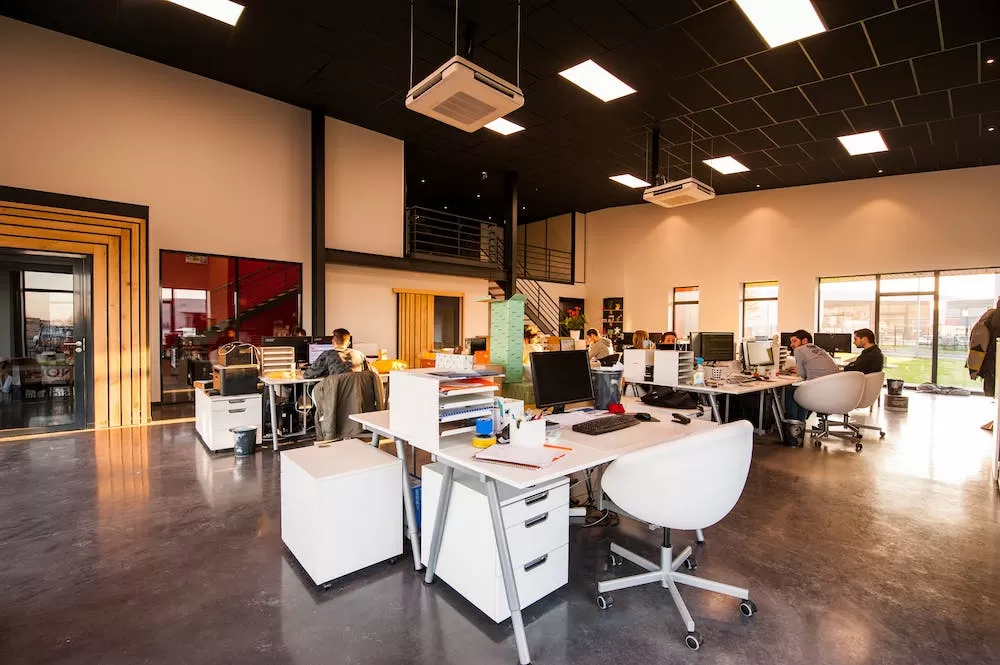Although Denmark isn't as big of a player in the world as many of its neighboring nations, it does boast a commendable economy. The country is well-off enough to stand on its own, depending more on its own job market than anything else. This is also why so many people from other countries have been wanting to relocate here. Denmark takes pride in its rising job market that outsiders can't help but want to join in. But what truly is the current state of it? How is Denmark's job market now? Here's what you need to know.
Denmark's Unemployment Rate
As of 2021, Denmark's unemployment rate is at 3.6%, one of the lowest in the world right now. Conversely, the country's employment rate is enjoying a high 65.9%, one of the highest among various European countries. It's worth noting that even amidst a global pandemic, Denmark is able to hold commendable rates for both unemployment and employment. Although the country has since
reopened, its employment rates have never strayed too far to their current standings. These present figures stand testament to the country's stable job market, one that continuously draws people from all around the world.
The Biggest Industries in Denmark
Surprisingly enough, the service sector has dominated Denmark's job market for many years now, even trumping a number of stable industries. From private-owned businesses to spilling into the tourism industry, the country offers a lot of opportunities in the service field. After that, a variety of distribution industries also have a heavy hand in stabilizing the job market and the economy. From pharmaceuticals and food products to electronics and clothing, these top exports help maintain Denmark's GDP. It helps that there are world-famous companies like
Carlsberg,
Pandora, and more that have roots in the country, further proving the strength of Denmark's exports.
Denmark's In-Demand Skills
Despite how stable Denmark's job market is, however, the country's workforce sorely lacks a ton of skills needs for its many industries. Because of this, many sectors still lack enough manpower and have resorted to getting workers from different countries. These sectors include IT, education, engineering, and healthcare, among many others. If you're keen on working in Denmark, know that having skills in any of these mentioned fields will better guarantee your employment here. Also, Denmark's most in-demand jobs as of late include engineers, builders, healthcare workers, pharmacists, and the like.
The 'Flexicurity' Model
Perhaps what makes Denmark's job market more unique than others is that it has cultivated what they call the 'Flexicurity' model. In an unprecedented system, the country has come up with a model that not only keeps the interests of employers in mind but also safeguards employees at the same time. Under the Flexicurity model, employers are allowed to hire and fire employees at will, doing away with any additional costs that come with such dismissals. On the side of the employees, as long as they're registered under A-kasse, the country's unemployment insurance fund, they get to enjoy financial assistance and other benefits while unemployed, at times even helping with
their taxes. Moreover, the Danish government will also run educational and training programs to help the unemployed find new work.
Denmark's Competitive Salaries
Admittedly, Denmark's Flexicurity model does seem cut-throat even despite the benefits the unemployed get to enjoy after sudden and prompt dismissal. However, it bears noting that even beyond the unemployment benefits, the country's standard salaries are already so competitive. Let's take, for instance, the common salary of an accountant in Denmark. Usually, they can earn around DKK 250,000.00 per year. In US Dollars, that amounts to $37,300.00 a year, which isn't bad. For a nurse, which is often regarded as a low-paying job in other countries, they get to earn around DKK 330,000.00 per year. In US Dollars, that's an annual income of $49,300.00. Not bad, right?
Work Culture in Denmark
Unlike in other countries, where most employees work around 40 hours a week, Denmark's standard is 37 hours per week. In fact, most workers end their day at around 16:00 (4:00) pm in the afternoon. Even if some are working overtime, you'll rarely see busy offices in the country by 17:00 (5:00) pm in the early evening. Moreover, most companies even allow their employees more flexibility in accomplishing those 37 hours to suit their specific needs. It's because of such conveniences that adhering to the Flexicurity model for their job market isn't as criticized as some might expect.
Unbeknownst to many, Denmark's job market is among the finest in the world. With a unique model to adhere to and a low unemployment rate to boot, there's a lot that the rest of the world can learn from how the Danish work!



